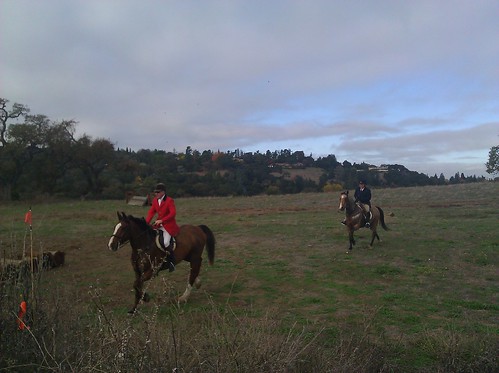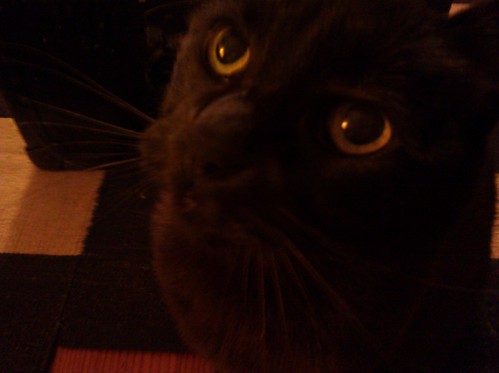half way there
A day that started pretty rough then improved enormously. Went to bed last night feeling sketchy – heartburn – and woke this morning feeling worse – sinus-y and coughing again and irritable and tired. Had to decide whether to drive seven hours to get to Barraba in one go, or split the journey. Felt very guilty about not pushing myself – apart from anything else, I really want to see Mum and Dad and the Marretts – but here we are in Scone checked into a motel after a fairly relaxed drive, and it is so clearly the right decision that I cannot repine. I’m still vaguely flu-ey but much less cross and sad.
The most surprising thing about the drive is how fast we got from Redfern (where Jan’s apartment is) to Wahroonga (where the freeway splits out from the Pacific Highway.) That drive connects the lovely cockroachey boho beVictorianterraced inner-city of my teens and twenties to the red-roofed and megachurched northern suburbs of my childhood. It traces the entire landscape of my fucked-up psychodrama. In my head, it’s hundreds and hundreds of miles, but in the real world, it’s just under 26km.
You could fit two of it into my regular drive down to the barn.
Once you get out of the city you’re in Kur-ring-gai National Park, the land of the Kameraigal people. I love that bush more than words can say. It’s where I rode Alfie. My eyes feel rested when they look at it. It’s what land is supposed to look like.
“I know,” said Jeremy.
Then you swoop down between sandstone cuttings to the Hawkesbury River, then you climb Peat’s Ridge, then you turn left and take a long winding back way down into the Hunter Valley through Wollombi, an achingly pretentious little yuppie enclave with sculpture gardens on its verdant slopes. A woman with bleach-blonde helmet hair tried urgently to sell us on the place – “The elementary school has fourteen children now! And it’s only ninety minutes to Chatswood…” Further down the highway (two lanes of patchwork blacktop, then one lane, then a half-mile of gravel) it gradually became clear from the proliferation of protest signs that AGL is threatening to start fracking the place, and half the population is trying to offload its achingly pretentious yuppie property.
Very sad. The Wollombi Valley is staggeringly beautiful, like the Anderson Valley in California, but half the distance from the city. And much horsier. “They look happy,” Jeremy said, as we passed another red pony nose-deep in clover. Further along, our route joined the Putty Road and the Hunter Valley started looking more like I remembered from visiting it with Mum: broad and flattish and ringed with faraway hills. Like California’s Central Valley, down to the Toyota dealerships. Further north there are monstrous open-cut coal mines like moonscapes, and huge power stations with cooling towers letting off steam. We talked to Claire for a long time about primary industries, power generation, exporting minerals to China, and importing manufactured goods to the Port of Oakland.
Julia was, perhaps wisely, asleep.
Where numbers of humans are concerned, NSW long-tails like a mother. Sydney has nearly 5 million people – a quarter of all people living in Australia. The next big town we drove through was Muswellbrook, population 10k. Singleton is a little bigger, at around 14k. Scone, where we have stopped for the night, doesn’t crack 5k. Tomorrow we will pass through Tamworth (a metropolis! almost 50k people) to my parents’ tiny town (just over 1000 souls.)
Claire and Julia are bouncing on the beds and watching TV and getting overexcited about room service breakfasts, just as J and I both did when we stayed with our families in identical country motels at exactly those kinds of ages. Continuity.

